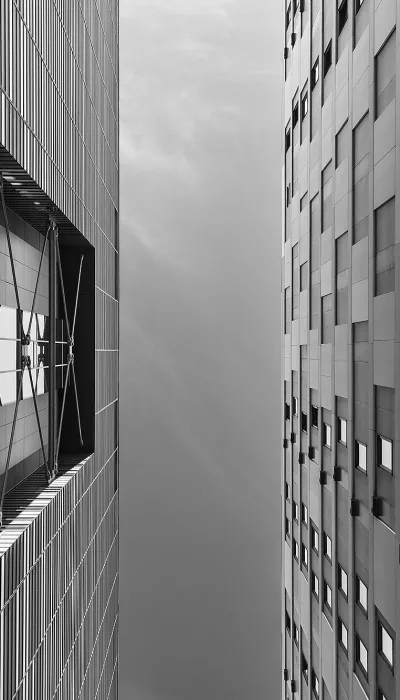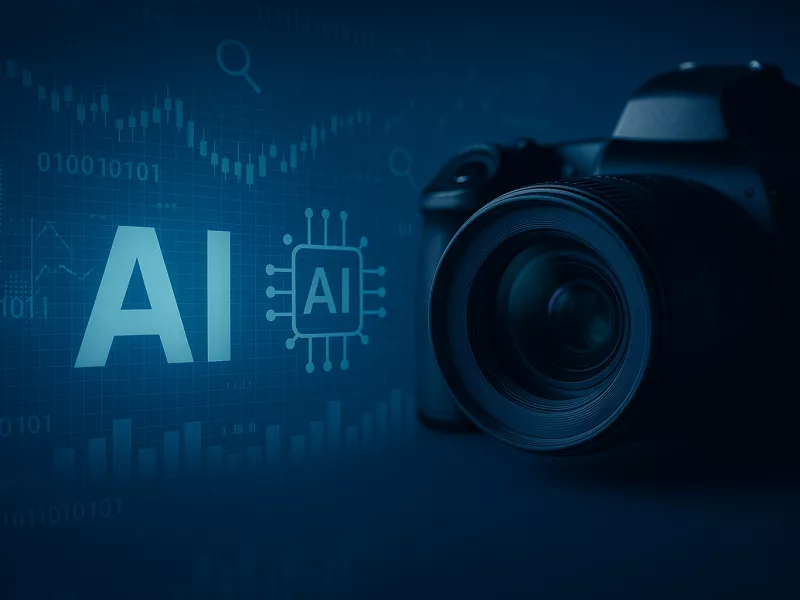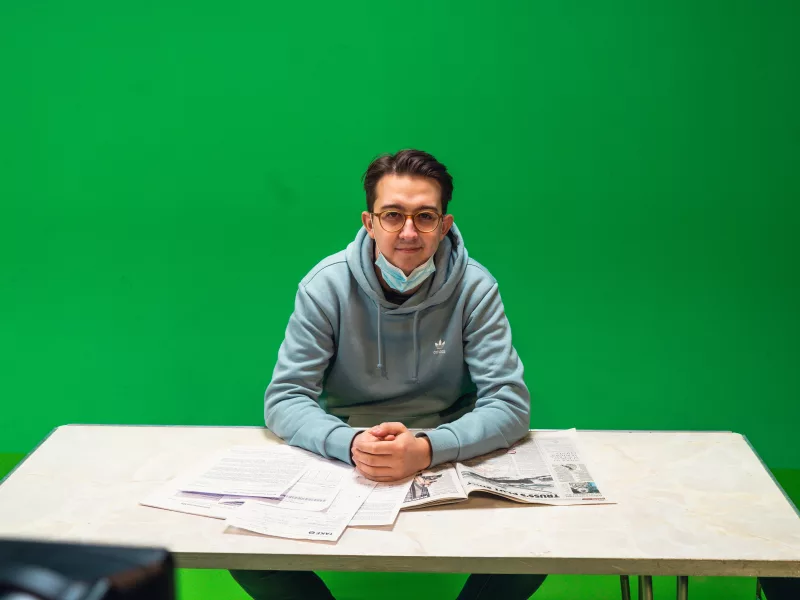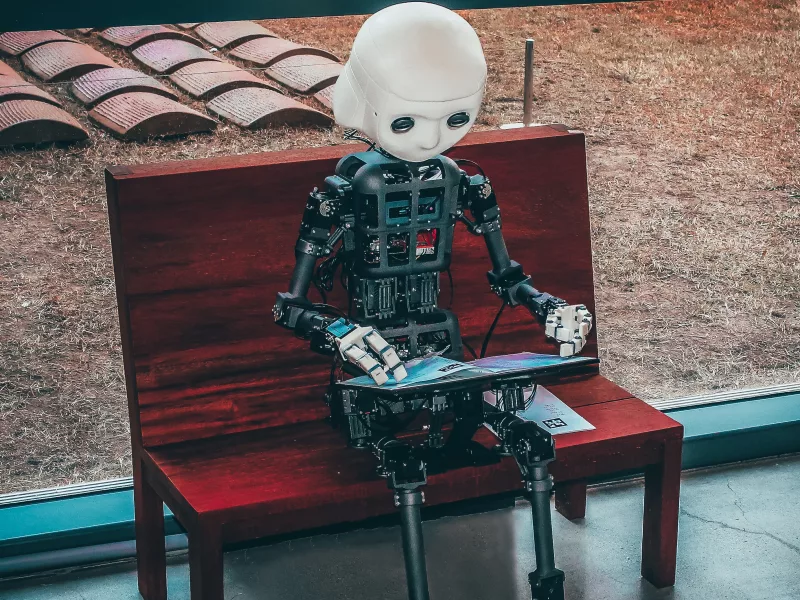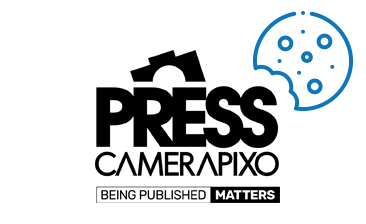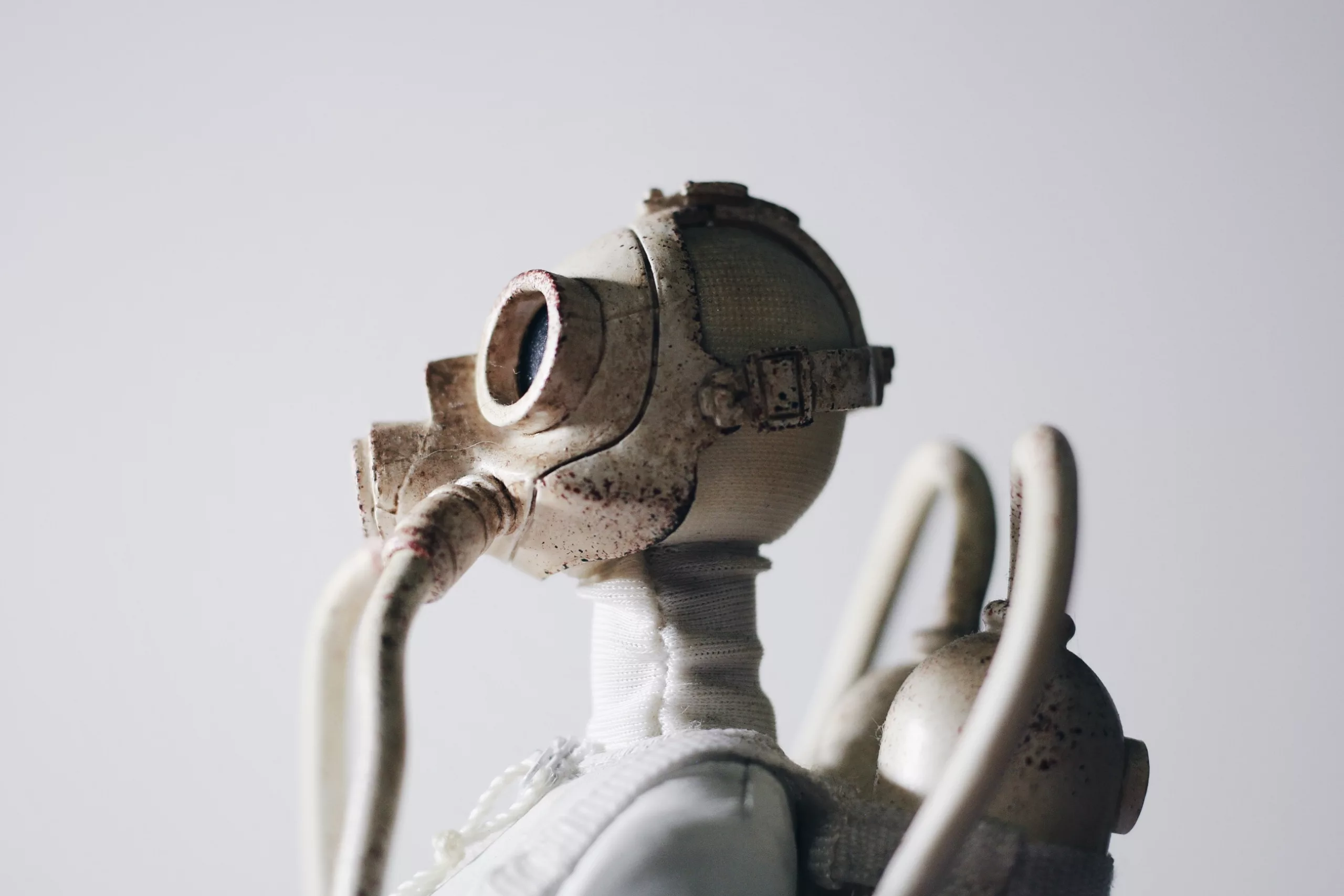
Why and how AI is bad for photography?
AI technology has both positive and negative impacts on photography. While AI can offer significant benefits and advancements in the field, there are a few concerns that some individuals may associate with AI’s influence on photography. Here are some reasons why and how AI can be perceived as negative for photography:
- Lack of creativity: AI algorithms are designed to learn patterns and make decisions based on existing data. While they can assist in tasks like image recognition or enhancing certain aspects of an image, some argue that AI lacks the creativity and artistic intuition that human photographers possess. AI may generate technically proficient images, but they may lack the emotional depth and unique perspective that human photographers can bring.
- Over-reliance and automation: AI can automate certain aspects of photography, such as autofocus, exposure settings, or even composition recommendations. While these features can be helpful for beginners or in certain situations, an over-reliance on AI may lead to a decline in the technical skills and knowledge required to capture a photograph manually. It can also lead to a homogenization of styles if everyone relies on the same AI-powered presets or editing tools.
- Ethical concerns: AI-powered image manipulation tools can make it easier to create deceptive or misleading visual content. This raises concerns about the authenticity and trustworthiness of photographs. AI can be used to generate deepfakes, alter reality, or manipulate images in ways that are not easily detectable. This poses ethical challenges in journalism, documentary photography, and other areas where the accuracy and integrity of visual information are crucial.
- Job displacement: The automation potential of AI has led to concerns about job displacement in various industries, including photography. AI algorithms can perform tasks that were traditionally done by humans, such as image sorting, curation, or even basic retouching. This can impact professional photographers, photo editors, and other roles within the industry.
It’s important to note that while there are potential drawbacks, AI also brings many positive contributions to photography. AI-powered image recognition can assist in organizing and searching through vast collections of photos. AI-based post-processing tools can save time and offer creative possibilities. Ultimately, the impact of AI on photography depends on how it is used and integrated into the creative process.
Photo by Siyan Ren on Unsplash




